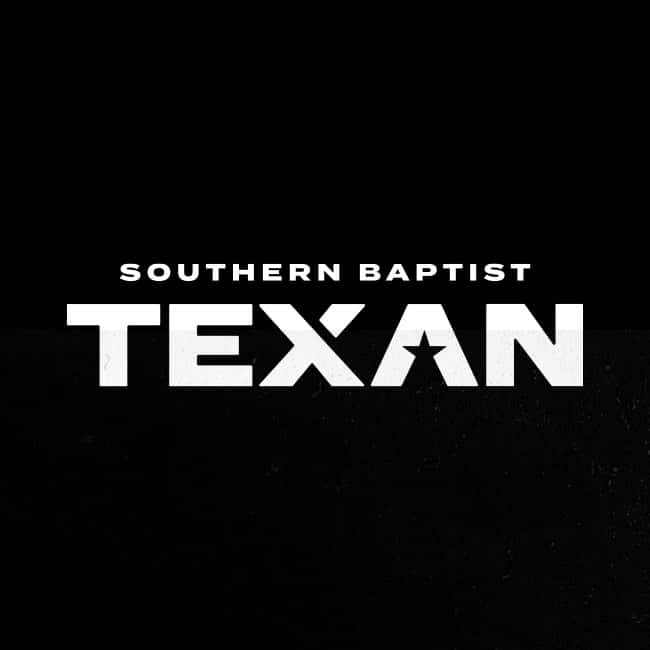| We saw Dan* in the line of newly commissioned missionaries. When I’d seen him last he was pastoring in a small Midwestern town. We talked later and he explained that he’d raised his kids and now he was ready to pursue the call to overseas missions. He serves in a country where Christians are persecuted. I think of Dan when I support the Cooperative Program — Southern Baptists’ missions funding method.
I also think of Kevin* and Julie.* They went overseas with preschool children and one on the way. While the rest of us thought of the difficulty of raising little ones in the Third World, they couldn’t wait to get there and start. Their commitment makes my faithfulness seem like so little. Tim and Stephanie live on a seminary campus where Tim works on the housing crew as a painter.Additionally, he pastors a small rural church while pursuing a master of divinity degree. They are generous with friends, energetic in ministry, and committed to their studies. Our sons used to baby-sit their houseful of boys occasionally. They are two of the most worthy beneficiaries of CP support provided to our six Southern Baptist seminaries that I can think of. There are tens of thousands of such stories. They include people with faces and ministries and kids and a belief that God has called them to serve the body of Christ vocationally. These folks come from our churches and are doing, on our behalf, the things that we are not called to do. We have a commitment to them no less real than the one they have made. It helps to know people who are in another part of the Great Commission channel that runs from our household through our church, through our state convention, through state convention or national SBC budgets, through the agencies to people in ministry. It helps that I supported this proven channel before I knew these friends or scores like them. I supported our worldwide mission because I believed it was the right thing to do before I had any emotional tie to any work beyond my own church. During the nearly 80 years of CP missions, almost everyone who has supported it has done so by faith rather than sight. Have the times changed too much to expect people to support what they can’t see for themselves? Commonly I’ll see church bulletin boards with the photos of independent missionaries and a reminder to send financial support. These folks are likely doing stellar work in a tough place with the added pressure of convincing enough churches to help them afford to stay on the field. Some churches prefer this approach because they can meet and feel some ownership of these missionaries. While understandable, this response may come from an imagined dilemma?that we must either support missionaries we can’t know or “own,” or we fund someone who is with an independent missionary society. The fact that many churches band together to fund many missionaries should not make their work more distant to us. We’ve just found a way to put thousands of workers who don’t have to worry about funding on the field. You can still know them; actually you can go and see many of them for yourself. If we worked half as hard to make Southern Baptist missions personal as we might to promote independent personnel, we could know them pretty well. Those who are involved in our North American or state work are pretty easy to know. They’re all around us. Most people attend a church that someone else helped start?maybe someone who’d never been to your town. We benefit from the work of the missionaries in our midst. We have a debt incurred at some point in the life of our church to pass along that same missionary largesse to others. The same is true of our seminaries. I don’t understand Southern Baptist seminary graduates who scoff at their obligation to the thousands of churches that banded together to pay for two-thirds of their education. True, our giving is to the kingdom of God and not to a denomination. On the other hand, only one denomination has found a way to provide so much while maintaining local church autonomy. No other denomination all but gave me my ministry training. The obligation is not absolute so that we support institutions uncritically, but there is indebtedness that follows this great gift provided by our churches. State conventions are an integral part of the traditional Cooperative Program. Their funding comes from the portion allocated for in-state ministries. State fellowships also have an obligation to handle the national portion of CP with integrity?honoring the wishes of the churches. The troubling trend is for state conventions to increase the amount kept in the state in response to ministry needs and increasing personnel costs. The result is that national ministries (further down the funding stream) face the same opportunities and cost increases with decreasing funds. It is hard work on every level to keep a global focus in our priorities. State conventions should try harder. |














